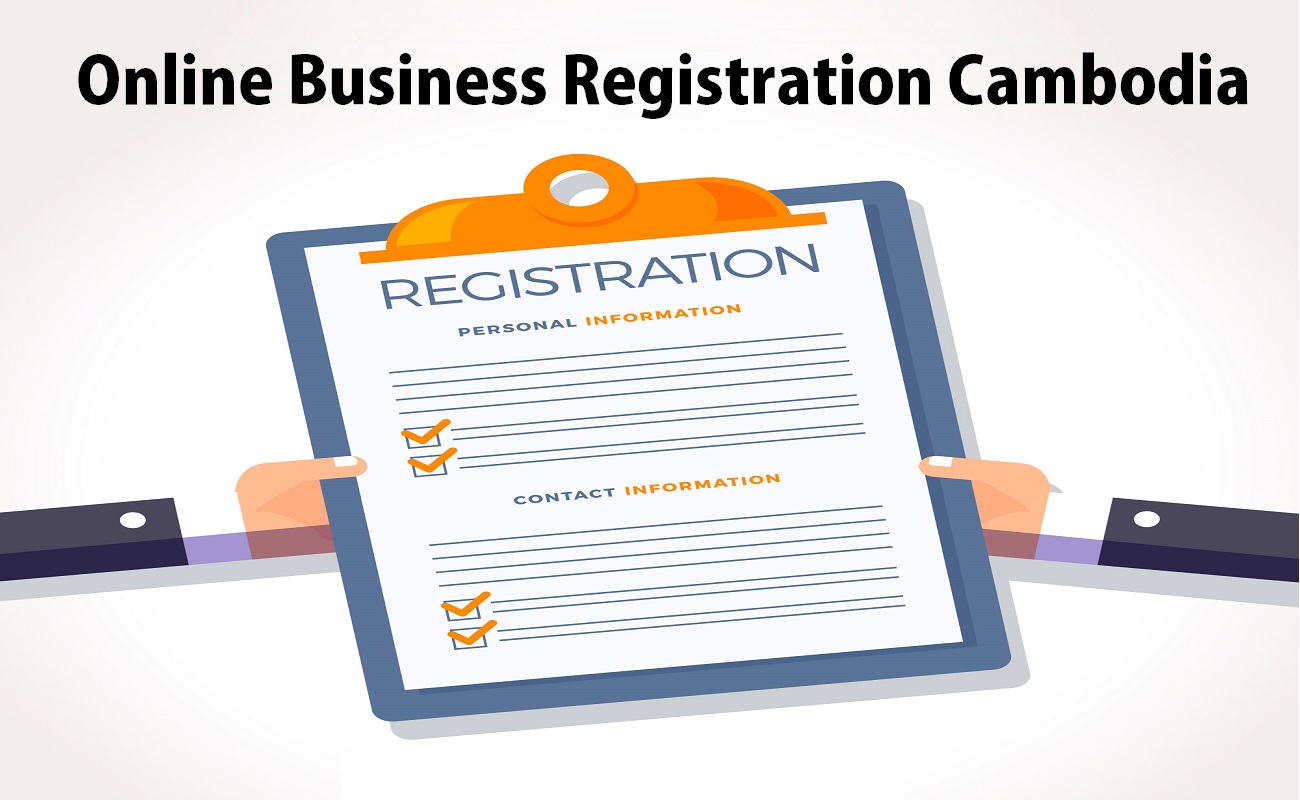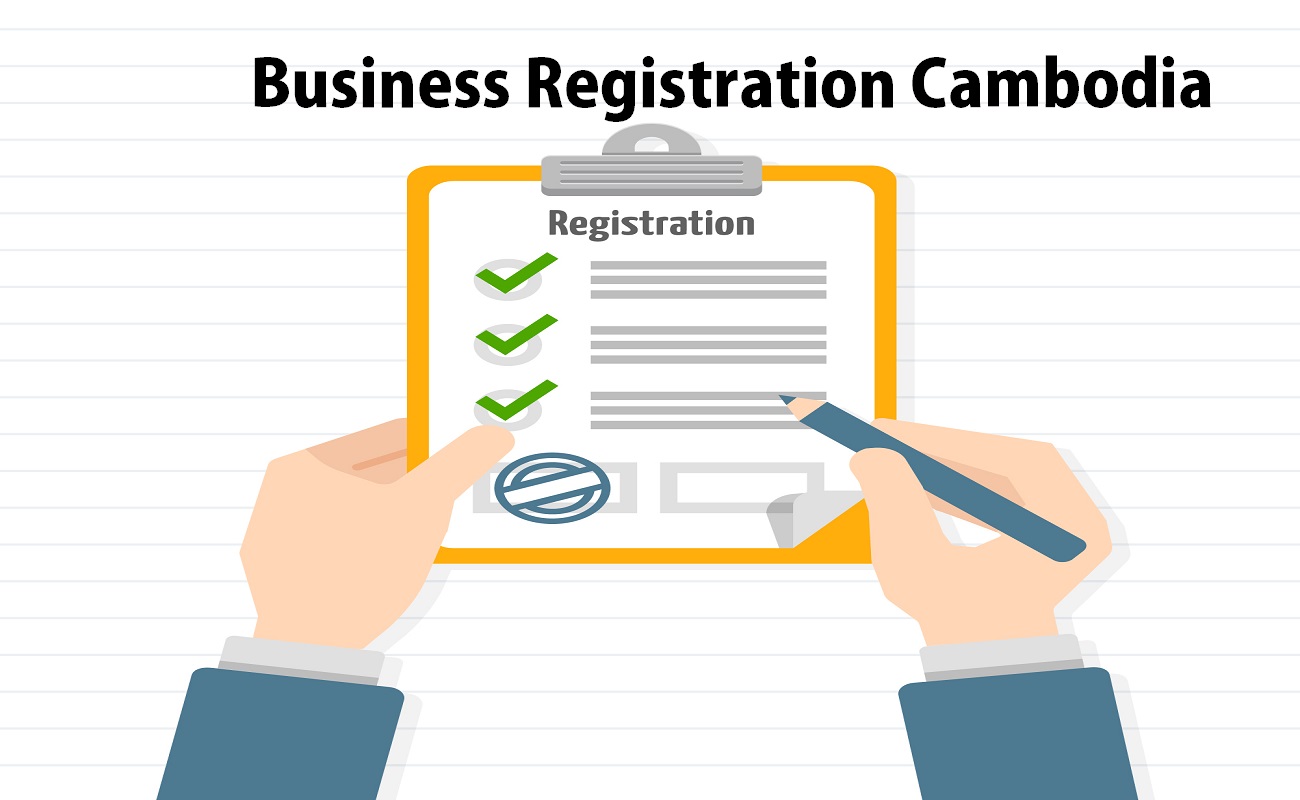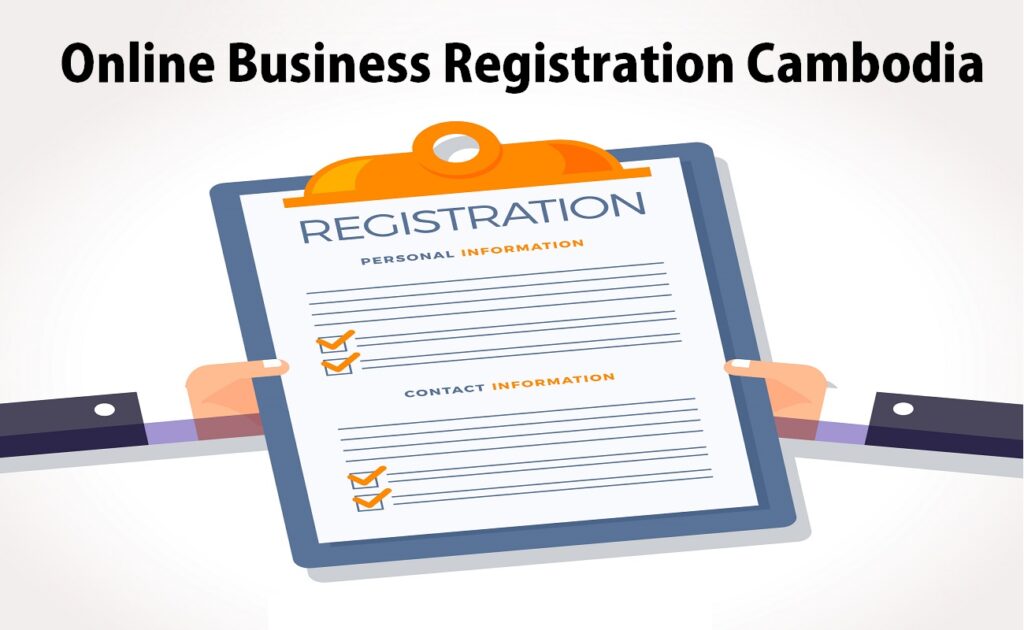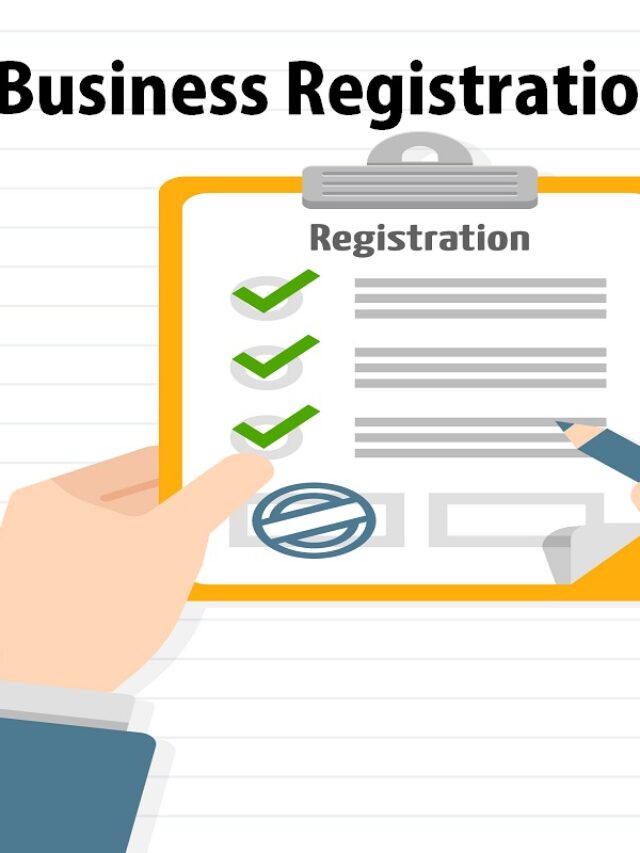Business Registration Cambodia
Table of Contents
1- Introduction
2- Understanding the Importance of Business Registration
3- Key Regulatory Bodies in Cambodia**
1- Ministry of Commerce
2- General Department of Taxation
4- Types of Business Entities in Cambodia**
1- Sole Proprietorship
2- Partnership
3- Limited Company (CO.,ltd)
5- Step-by-Step Guide to Business Registration
1- Preparing Necessary Documents
2- Name Reservation
3- Submission of Application
4- Registration Fees
5- Obtaining Tax Identification Number (TIN)
6- Compliance and Legal Obligations
1-Tax Filing Requirements
2- Employment Regulations
7- Benefits of Proper Business Registration
1- Legal Recognition and Protection
2- Access to Government Incentives
3- Building Trust with Stakeholders
8- Challenges in the Business Registration Process
1- Language Barriers
2- Bureaucratic Procedures
3- Understanding Local Culture
9- Tips for a Smooth Business Registration Experience
1- Seek Professional Assistance
2- Research Local Business Culture
3- Stay Updated on Regulatory Changes
10- Case Study 1: MOC Cambodia
1- Case Study 2: OBRS Cambodia
11- Future Outlook for Business Registration in Cambodia
12- Conclusion
Introduction
Starting a business in Cambodia is an exciting venture, but it requires careful navigation through the country’s regulatory landscape. Business registration is a crucial step that not only establishes your presence legally but also unlocks various opportunities. In this comprehensive guide, we will explore the intricacies of business registration in Cambodia and provide valuable insights for a successful journey.
Understanding the Importance of Business Registration
Before delving into the procedural aspects, let’s highlight why business registration is a vital step for entrepreneurs. Registering your business provides legal recognition and protection, instilling trust among customers and partners. It also ensures compliance with local laws, fostering a stable business environment.
Key Regulatory Bodies in Cambodia
3.1 Ministry of Commerce
The Ministry of Commerce in Cambodia plays a pivotal role in business registration. Entrepreneurs must liaise with this regulatory body to initiate the registration process.
3.2 General Department of Taxation
Taxation is a critical aspect of business operations. The General Department of Taxation oversees tax-related matters, and obtaining a Tax Identification Number (TIN) is a crucial step in the registration process.

Types of Business Entities in Cambodia
Choosing Any type of business right structure is a as per your business decision. Cambodia offers many type various options, including:
4.1 Sole Proprietorship
Ideal for small businesses, sole proprietorship involves a single owner who is personally responsible for the business.
4.2 Partnership
Partnerships are formed by two or more individuals sharing ownership and responsibilities.
4.3 Limited Liability Company (LLC)
An LLC provides limited liability to its owners while allowing flexibility in management.
4.4 Public Limited Company (PLC)
PLCs are suitable for businesses planning to go public, offering shares to the public.
Step-by-Step Guide to Business Registration
5.1 Preparing Necessary Documents
Gather essential documents, including business plans, identification, and financial statements.
5.2 Name Reservation
Choose a unique and meaningful business name and reserve it with the Ministry of Commerce.
5.3 Submission of Application
Submit the completed application form along with the necessary documents to the Ministry of Commerce.
5.4 Registration Fees
Pay the required registration fees, which vary based on the type of business entity.
5.5 Obtaining Tax Identification Number (TIN)
Apply for a TIN from the General Department of Taxation to comply with taxation regulations.
Compliance and Legal Obligations
6.1 Annual Financial Statements
Businesses in Cambodia must prepare and submit annual financial statements to regulatory bodies.
6.2 Tax Filing Requirements
Adhering to tax filing requirements is crucial for maintaining good standing with authorities.
6.3 Employment Regulations
Understand and comply with employment regulations to foster a healthy work environment.
Benefits of Proper Business Registration
7.1 Legal Recognition and Protection
Registered businesses enjoy legal protection, safeguarding their interests and assets.
7.2 Access to Government Incentives
Registration opens doors to government incentives and support programs for businesses.
7.3 Building Trust with Stakeholders
Customers, partners, and investors trust registered businesses, contributing to long-term success.
Challenges in the Business Registration Process
8.1 Language Barriers
Navigating the registration process may pose challenges due to language differences.
8.2 Bureaucratic Procedures
Bureaucratic hurdles can slow down the registration process, requiring patience and persistence.
8.3 Understanding Local Culture
Familiarizing yourself with the local business culture is essential for smoother registration.
Tips for a Smooth Business Registration Experience
9.1 Seek Professional Assistance
Engage local experts or consultants to guide you through the registration process.
9.2 Research Local Business Culture
Understanding the local business culture enhances your ability to navigate the regulatory landscape.
9.3 Stay Updated on Regulatory Changes
Keep abreast of changes in regulations to ensure ongoing compliance and business success.

Success Stories: Businesses Thriving in Cambodia
10.1 Case Study 1: MOC Cambodia
Explore the success story of a business that navigated the registration process successfully.
10.2 Case Study 2: OBRS Cambodia
Another inspiring case study showcasing the benefits of proper business registration in Cambodia.
Future Outlook for Business Registration in Cambodia
As Cambodia continues to develop, the business registration process is likely to evolve. Staying informed about future changes is crucial for businesses seeking sustained success in the country.
Conclusion
Embarking on the journey of business registration in Cambodia is a significant step towards entrepreneurial success. By understanding the regulatory landscape, overcoming challenges, and leveraging the benefits, businesses can thrive in this vibrant and dynamic market.
FAQ Frequently Asked Questions:
1- Is business registration mandatory in Cambodia?
Answer: Yes, business registration is a legal requirement in Cambodia.
2- How long time requirement time period to business registration ?
Answer: The timeline varies but typically ranges from a few weeks to a couple of months.
3- how can i change company name structure after registration?
– Changes in business structure may be possible, but they involve a formal process and approvals.
4- What are the common mistakes to avoid during business registration?
Answer: Common mistakes include incomplete documentation, choosing an already registered business name, and not staying updated on regulatory changes.
5- Are there government incentives for registered businesses in Cambodia?
Answer:: Yes registered businesses may access various government incentives and support programs.
6- How can i register online my business name in Cambodia?
Answer: To register your business name in Cambodia, follow these steps:
1- Choose a unique and meaningful business name.
2- Prepare necessary documents, including your business plan and identification.
3- Submit the application and required documents to the Ministry of Commerce.
4- Await approval and name reservation.
5- Pay the registration fees.
6- Obtain a Tax Identification Number (TIN) from the General Department of Taxation.
7- How much is a business license in Cambodia?
Answer: The cost of a business license in Cambodia varies based on factors such as the type of business entity. For accurate and up-to-date information, check with the Ministry of Commerce or consult a local business professional.
8- How to start a small business in Cambodia?
Answer: Starting a small business in Cambodia involves the following steps:
1- Develop a clear business idea and create a detailed business plan.
2- Choose a suitable legal structure (e.g., sole proprietorship, partnership, or limited liability company).
3- Follow the business registration process outlined by the Ministry of Commerce.
4- Obtain a Tax Identification Number (TIN) from the General Department of Taxation.
5- Set up a business bank account and manage finances carefully.
6- Familiarize yourself with local regulations and compliance requirements.
7- Consider seeking professional assistance for a smoother registration process.
9- How much does it cost to start a business in Cambodia?
Answer: The overall cost of starting a business in Cambodia depends on factors like business type, location, and scale. Costs may include registration fees, licensing fees, rental expenses, and initial operational costs. It’s advisable to conduct a thorough financial analysis and consult with local authorities or business professionals for accurate cost estimates.



